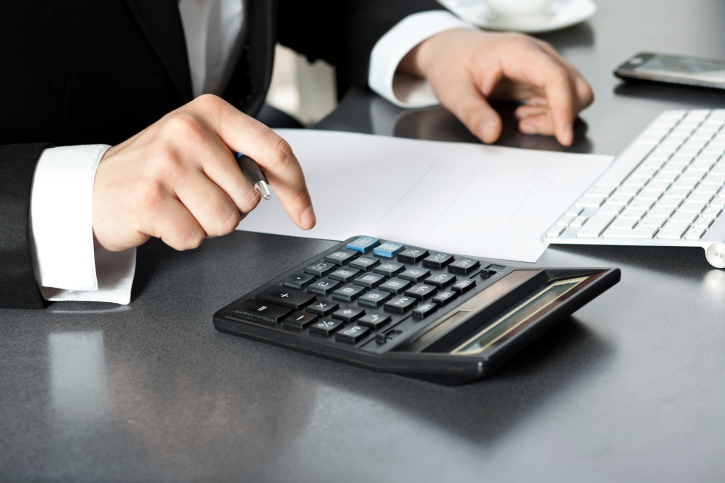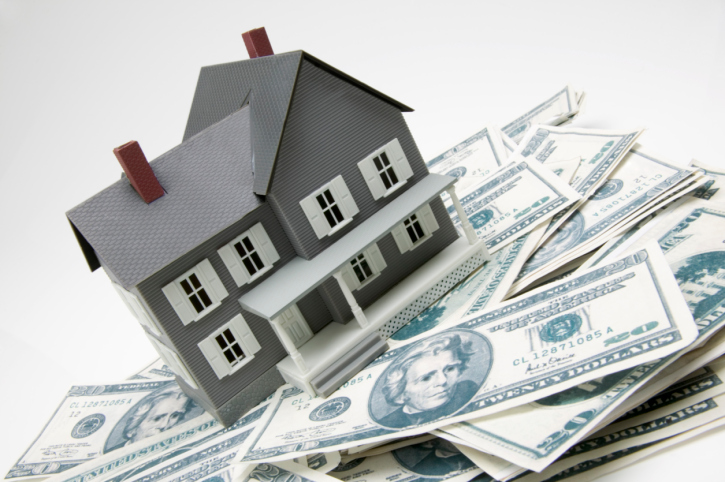The Pros and Cons of Putting in More Than 20 Percent as a Down Payment on Your New Home
 One of the most common questions home buyers ask today relates to how much money they need to put down on a home. There are mortgage requirements in place that establish minimum down payment requirements, and some home buyers will barely have enough to pay the minimum down payment as well as closing costs. However, if you have access to more money, you may be wondering if you should make a larger down payment. There are several points to consider to determine if making a larger down payment is right for your financial situation.
One of the most common questions home buyers ask today relates to how much money they need to put down on a home. There are mortgage requirements in place that establish minimum down payment requirements, and some home buyers will barely have enough to pay the minimum down payment as well as closing costs. However, if you have access to more money, you may be wondering if you should make a larger down payment. There are several points to consider to determine if making a larger down payment is right for your financial situation.
Having Liquid Assets Available After Closing
It is important to consider how much available cash you will have access to after closing if you do make a larger down payment. There are many costs associated with home ownership to think about, such as unexpected repair costs, paying a homeowners’ insurance deductible if a mishap occurs and even furnishing your new home. Once your funds are invested in your home, you will only be able to tap into those funds by refinancing. You may consider placing extra cash into a more liquid asset if you do not have a lot of extra cash available to you.
Qualifying for a Lower Interest Rate
Depending on your loan program, you may be able to qualify for a lower interest rate if you place more money down with your new mortgage. This is not always the case, so you will want to review this option with your mortgage representative. Keep in mind that interest will impact your mortgage payment as well as the amount of your mortgage interest tax deduction at the end of the year.
Having a Lower Mortgage Payment
When you obtain a lower loan amount with your mortgage, your mortgage payment will be lower. This can make your budget more affordable going forward. Because a mortgage payment is generally one of the higher expenses in a budget, the importance of this cannot be understated. An alternative to this is to establish the loan on a shorter term. Using a shorter term option generally makes your payments higher, but with a larger down payment, it may be easier for you to manage a shorter term length and to pay your mortgage off more quickly.
Using Funds for Other Purposes
You should also consider other ways that you could use your additional funds. For example, you may have high interest rates debts that you could pay off, or you may be able to invest the additional funds in the stock market. For some, tying funds up in a home is practical, but it is not always the best option available.
There is no catch-all answer regarding how much money you should use as a down payment. Each situation is unique, and you should speak with your mortgage representative to discuss the pros and cons of a larger down payment with your specific loan application.

 If your goal is to purchase a home, you may find that it’s challenging to save up enough money for your down payment. While this is something that many first time home buyers struggle with, it is by no means insurmountable. By making a few simple changes you will be able to accumulate the funds you need for your down payment.
If your goal is to purchase a home, you may find that it’s challenging to save up enough money for your down payment. While this is something that many first time home buyers struggle with, it is by no means insurmountable. By making a few simple changes you will be able to accumulate the funds you need for your down payment. Whether you’re just starting to shop for a new home or you’ve found the perfect house and are crafting your offer, if you’re taking out a mortgage to help cover your real estate purchase you’ve likely given some thought to your down payment.
Whether you’re just starting to shop for a new home or you’ve found the perfect house and are crafting your offer, if you’re taking out a mortgage to help cover your real estate purchase you’ve likely given some thought to your down payment.